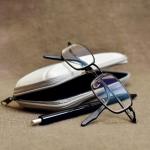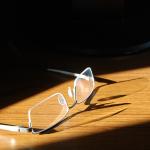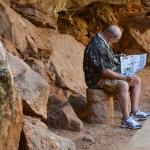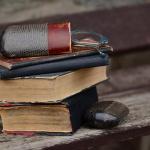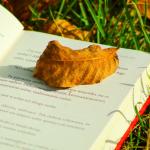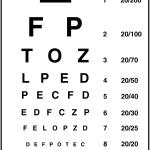The most important part of the art of medicine is the relationship between the physician and patient. More and more, for clear and unknown reasons, we are abandoning these long-term relationships for the currently available provider.
reading
To fuel society, we need both a constant source of power for our baseline needs and a source of extra when demand rises.
Let us begin with a confession. I have been hiking, fishing, and shooting sporting clays with little time to read for the last week or so.
“And no country may be better positioned to capitalize on climate change than Russia. Russia has the largest land mass by far of any northern nation.
My hobby outside of work has been woodworking. There is something about creating, by hand and machine, that provides a moment to get into the flow – that mindful place of being rather than doing.
I write for an organization whose mission is to debunk junk science, and we have seen a proliferation of junk, especially this year surrounding COVID-19.
“One question is always how things scale,” he continued. “There are certain types of businesses where they work better and better at bigger and bigger scales,” he said, pointing to big tech..
Four and a half years ago, an earthquake in Nepal initiated an avalanche on Mt. Everest, resulting in the deaths of 22
It makes sense that children who have trouble reading have their vision evaluated. And if the results come back that they have 20/20 vision, one might think that the reading issue is likely to originate somewhere besides the eyes.

